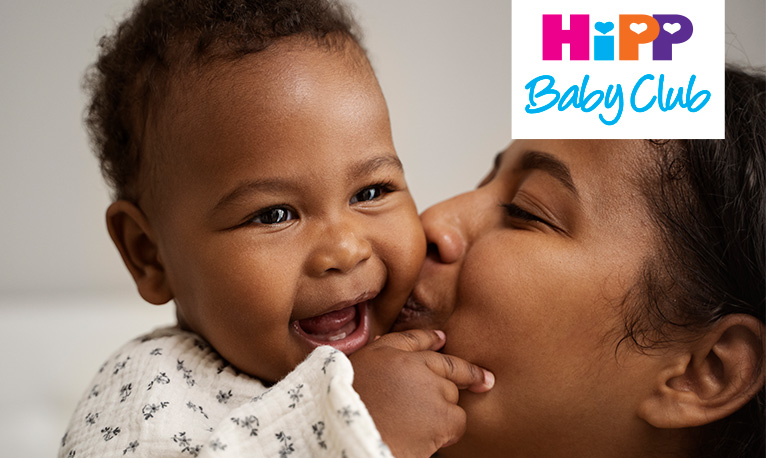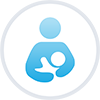Week 16
By 16 weeks your baby will be around 10.8-11.6 centimetres long and weigh between 80 and 110 grams - about as big as a pomegranate. It's active in there - your baby is using the space they have to do somersaults. Their legs are now longer than their arms, and they’re happily moving this way and that way in the amniotic cavity without interruption.
First movements?
You might begin to feel tiny fluttering movements in your stomach as your baby moves around – which is sometimes called “quickening”. Some women say it feels like butterflies or bubbles inside, though for some it's more akin to popcorn popping!
If this is your first baby, don't worry if you don't feel anything for a few more weeks. Those first movements can be hard to identify if you've never felt them before!
What it’s like for the mum-to-be in week 16
Depending on your personal wellbeing and fitness, you can still enjoy doing everything you want to do in week 16, whether it’s a trip abroad (it's best to check with your doctor or midwife first), hiking, playing sports or swimming. However, extreme sports are probably best avoided in your condition, especially if you didn’t do them regularly before your pregnancy.
Whenever you travel by car, make sure your seatbelt goes between your breasts and under your bump, resting on your pubic bone. This is the best way to protect your sensitive tissue and your baby, and there are special devices to keep the seatbelt in exactly the right position. Compression tights are also recommended.
Back pain
You may experience some lower back pain. This is due to the round ligaments supporting your womb, which are under a lot of pressure now that your womb is getting bigger to accommodate your baby. After a while this kind of back pain will ease, as the ligaments have stretched and adapted to the increased size of your womb.
Itchy belly, breasts and thighs
The parts of your body under the most strain, such as your belly, your breasts and your thighs, may now start to feel itchy as the skin covering these areas stretches. The itching can be relieved, for example, by applying a high-quality oil or body milk.
Sore breasts
When your breasts feel sore and painful, a few drops of colostrum (the first form of breast milk) may leak from your nipples. This is a good sign, as it shows that your breasts are preparing for breastfeeding. The colostrum also helps reduce the itchiness mentioned above, as it contains milk protein that softens your skin.
Your bump is growing
It will now be obvious that your belly is developing into your bump. Your trousers and skirts will get tighter and tighter, though there are ingenious inserts you can buy that extend the waistband of any pair of trousers. This won’t work for long, however, so it’s time to start filling your wardrobe with maternity wear. This doesn’t just mean trousers and skirts – you’ll also need loose-fitting tops, as your growing breasts will need more space inside your top.


